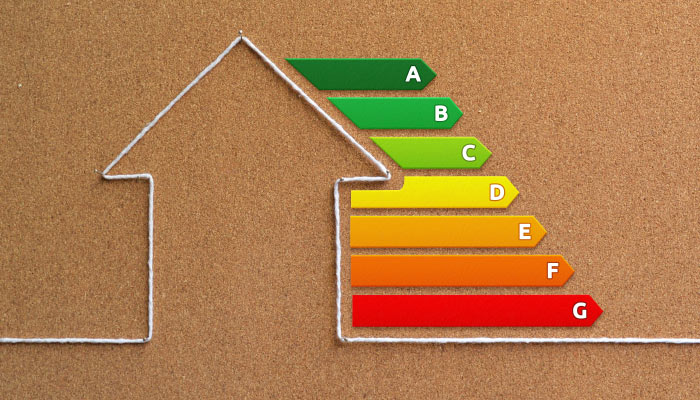The government yesterday (6th July) unveiled its Energy Security Bill. The Bill outlines 26 seperate measures to ensure the security and decarbonisation of the UK’s energy supply, create green jobs and protect consumers from rising fuel prices.
The Energy Security Bill, announced back in May as part of the Queen’s Speech, was introduced in parliament today by Business and Energy Secretary, Kwasi Kwarteng.
The Bill will put into law measures to boost long-term energy independence, security and prosperity. It is expected to help create green jobs (approx 480,000 by the end of the decade) as well as drive £100bn of private sector investment by 2030, through clean technologies such as hydrogen and offshore wind.
What measures does the Energy Security Bill introduce?
The 26 measures introduced within the Bill will aim to:
- reform the UK’s energy system to protect consumers from unfair pricing, and ensure the safety,
- leverage investment in clean technologies and
- ensure the safety, secuirty and resilience of the UK’s energy system.
Elmhurst has reviewed the measures that have been proposed, and have picked out three which could impact the future of the energy assessment and retrofit industry.
New Low Carbon Heat Scheme
The government has a job on its hands when it comes to delivering its promise of 600,000 heat pumps per year by 2028. The Boiler Upgrade Scheme, which opened to applications back in May, has encouraged some up take of heat pumps. Yet, a recent progress report from the Climate Change Committee (CCC) has confirmed that progress in this area is slow, with the number of installations still far from the government’s target. The is primarily down to cost, as heat pumps are deemed too expensive to run and install.
Following a consultation published in October of last year, the Energy Scurity Bill has enabled the introduction of a brand new Low-Carbon Heat Scheme in 2024. The scheme will place an obligation on oil and gas boiler manufacturers to meet a rising standard for low-carbon heat pump sales as a proportion of their total appliance sales. They can meet this new standard by selling their own heat pumps and/or by purchasing credits from other heat pump manufacturers.
The government believes this will help to reduce the installation cost of heat pumps, with an ambition to achieve a 25-50% reduction in heat pump installation costs by 2025.
Energy Company Obligation (ECO) Buy-out mechanism
At present, only energy suppliers with over 150,000 customer accounts are obligated to deliver energy efficiency measures to domestic properties in England, Scotland and Wales, under the ECO scheme. However, this threshold favours smaller suppliers who are able to easily undercut other suppliers who are required to pay ECO costs and recoup these from customer bills.
In order to ensure a fairer energy market, the government is legislating that even smaller energy suppliers should be obligated to take part in ECO, while ensuring they do not face disproportionate costs through a ‘Buy-Out’ mechanism.
The ‘Buy-Out’ mechanism will be introduced as secondary legislation, which will allow suppliers to buy themselves out of the scheme. This is due to be consulted on seperately.
Power to Review the Energy Performance of Buildings regulations (Energy Certificates)
The Energy Performance Certificate (EPC) continues to be a key measure of building energy performance, with future energy policy continuing to lean on it.
The current EPC regime is derived from EU law and is reflected in the EPB Regulations 2012. The Bill has introduced new clauses which will give the Secretary of State the power to make changes to the EPB Regulations 2012 to ensure that they are fit for purpose and reflects the UK’s ambitions on climate change.
These changes relate to the assessment, certification and publication of energy certificates including new buildings and the restriction of the disposal of a building where no such assessment exists. The Secretary of State will also have the power to impose new civil penalties when certificates are not provided when required by the legislation.

